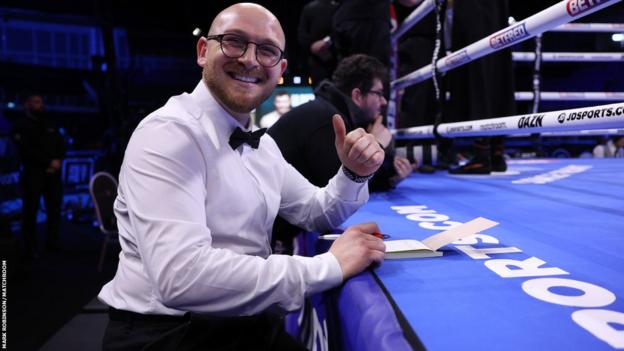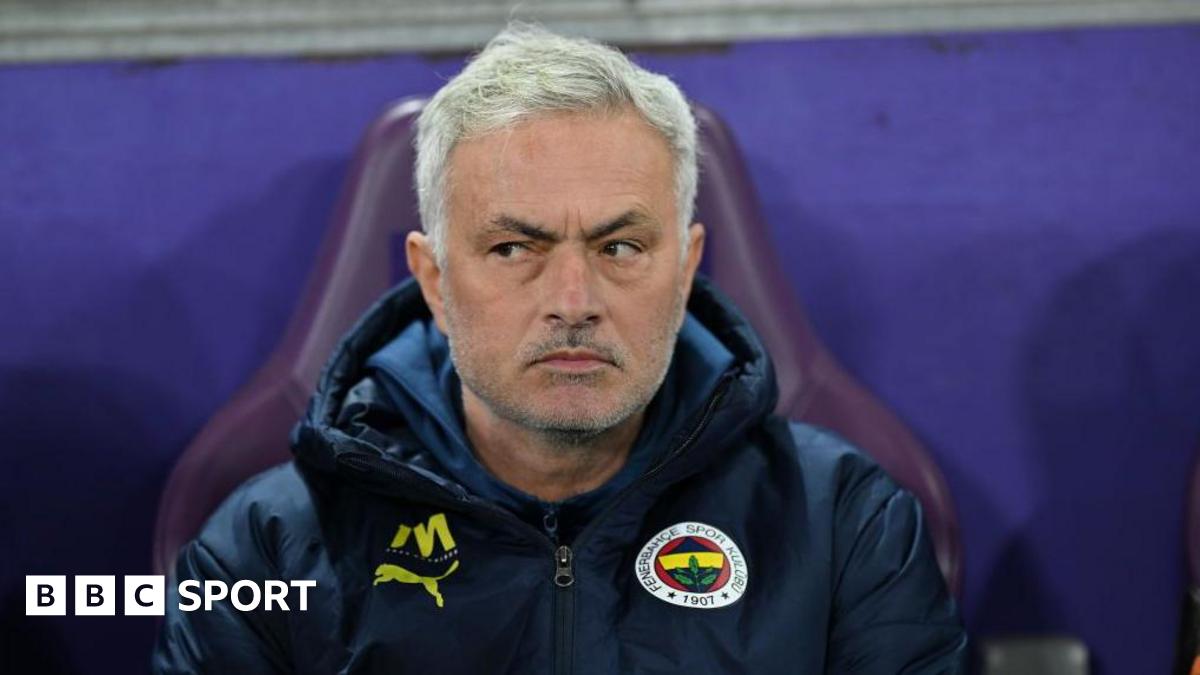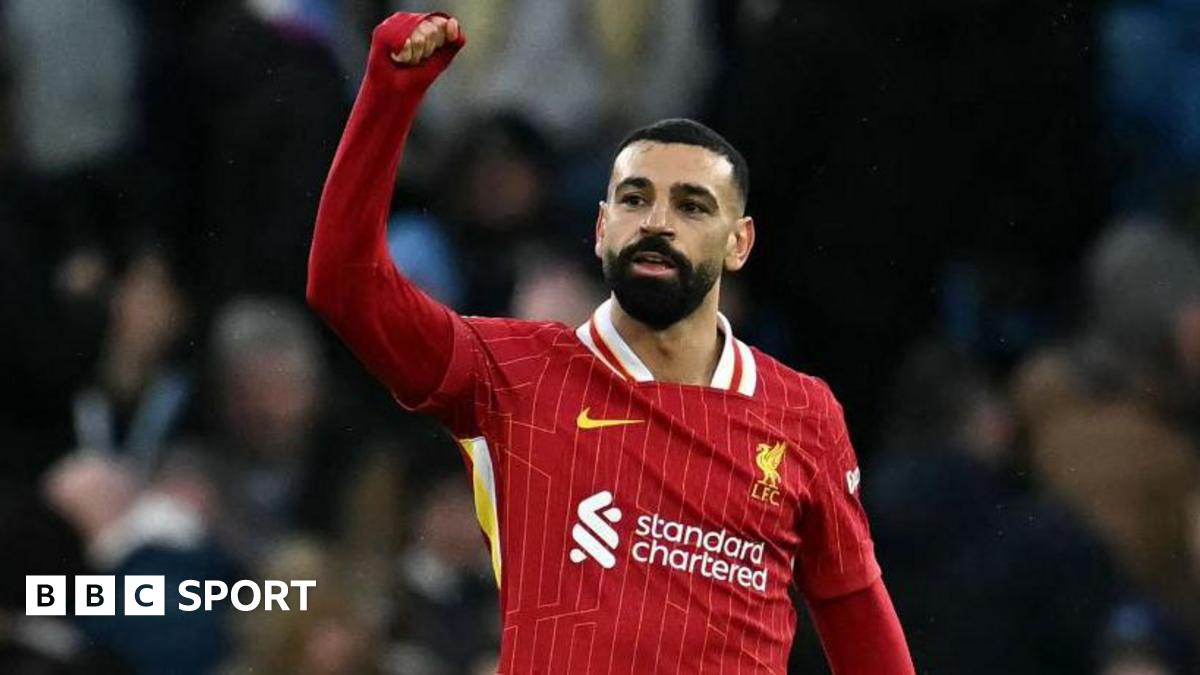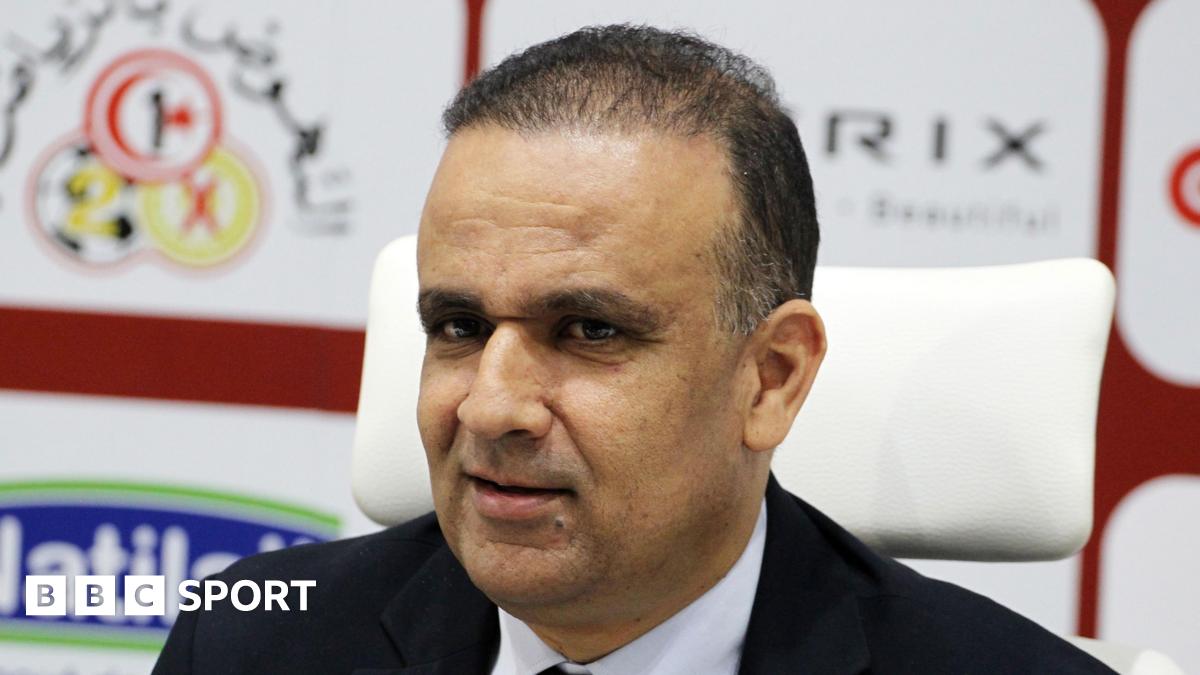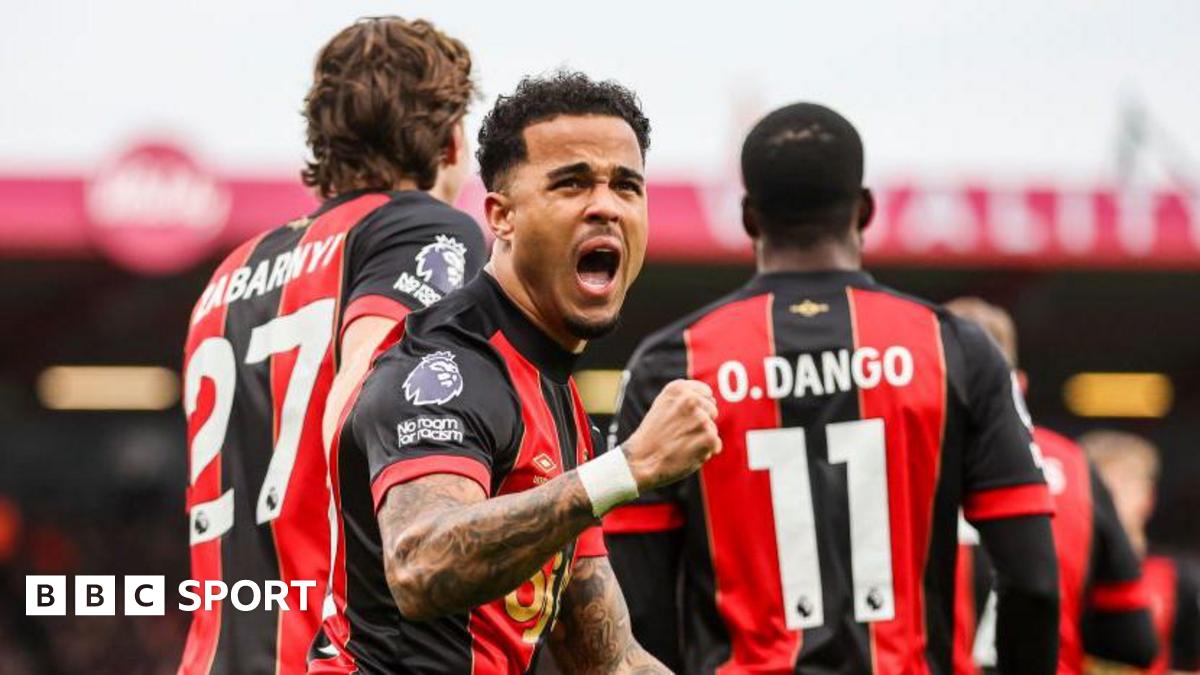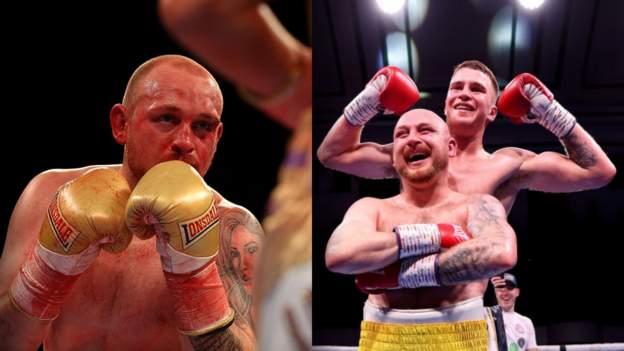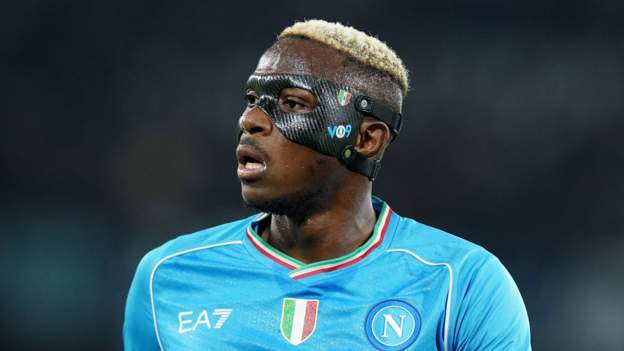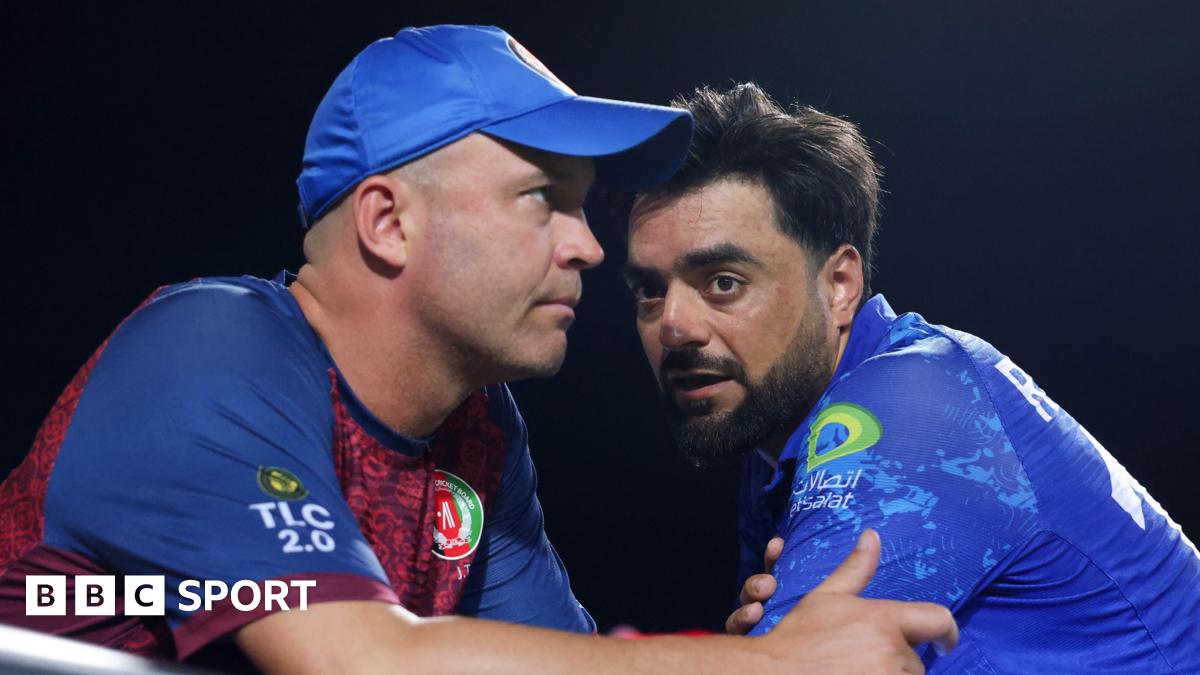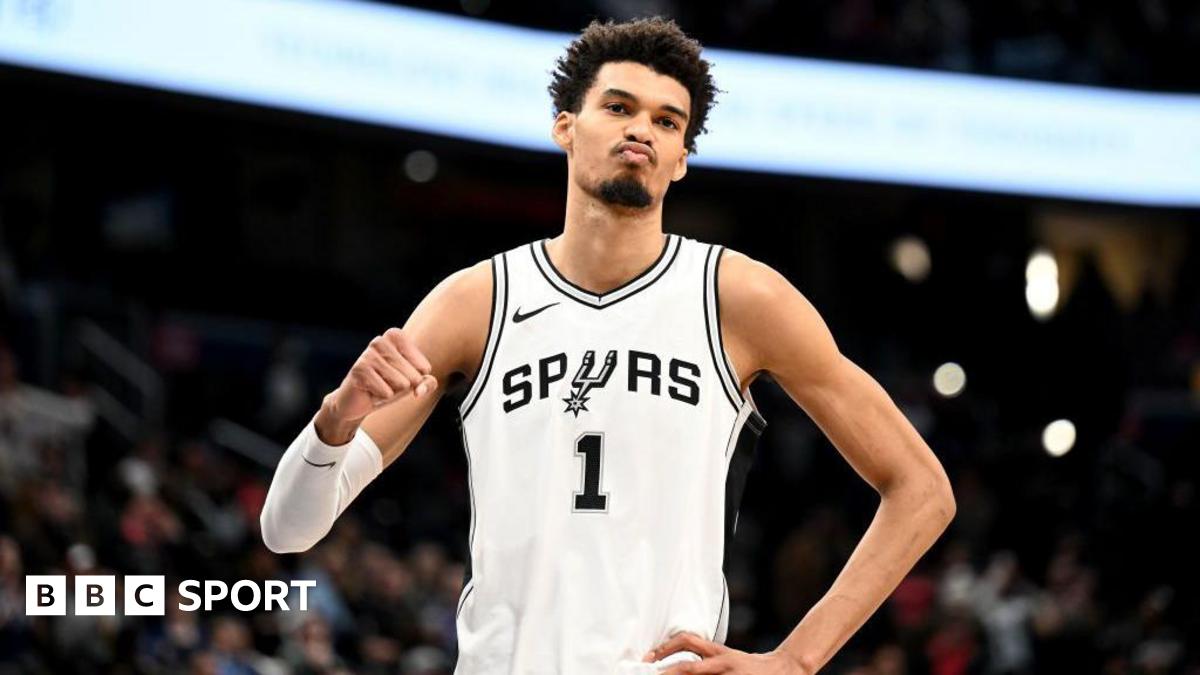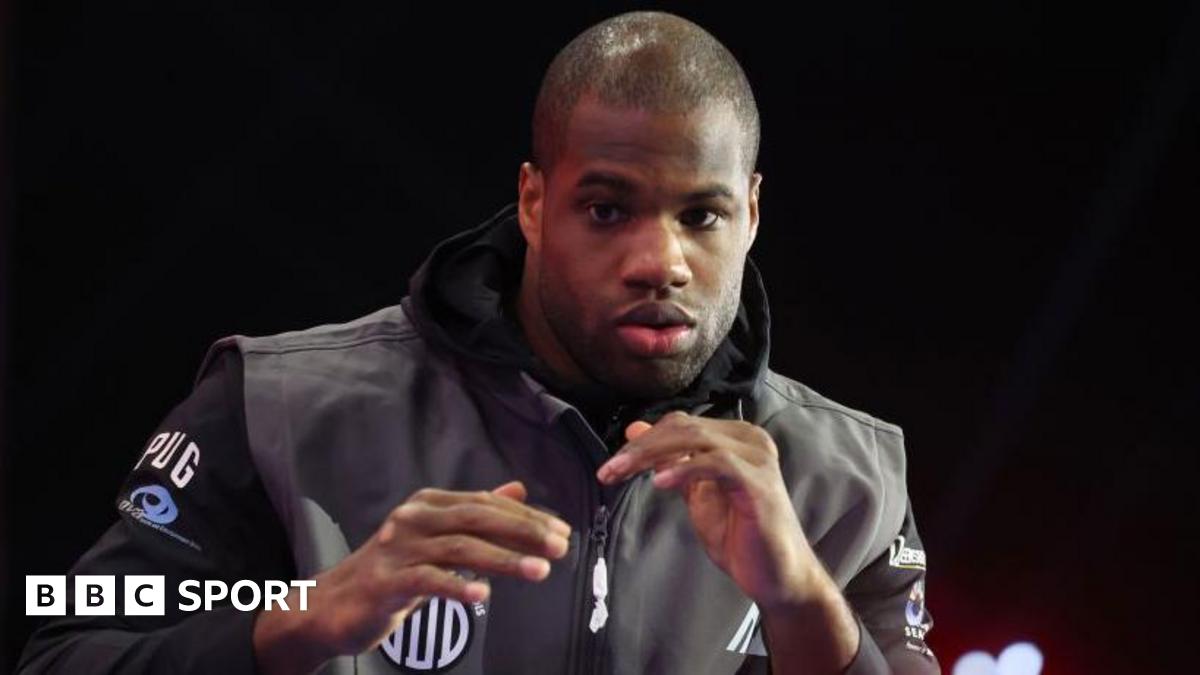It all ended much as it began. Ten and a half years after outpointing Latvian Arturs Geikins on his professional debut, Lewis van Poetsch climbed into the ring for the 170th and last time.
The setting was apt for a small hall veteran whose other job is driving lorries: an events space converted from a loading bay, beneath a Bristol shopping centre. He won on points again.
For both those bouts, the bookends of a long and storied career, the 32-year-old from Lydney in Gloucestershire sold tickets and was roared on by vociferous, hometown supporters.
But between them he spent a decade travelling up and down the country, carving out a niche as one of Britain’s best-loved journeymen.
‘It would have been against the journeyman’s code’
One hundred and fifty-two ring-savvy defeats, augmented with flamboyant ring walks and plenty of humour, tell their own story. He has been with the same trainer, Richard Farnan, for most of his career.
A self-proclaimed professional loser but an entertainer too, Van Poetsch always understood the sport and the business perfectly.
Promoters in need of super-middleweight or light-heavyweight opponents knew exactly who to call.
“I was the biggest ticket seller on the show,” he says proudly of his final fight. “Which was funny because I’m not used to that any more and the situation made me a little apprehensive.
“As a journeyman you turn up, do your thing and go home. That’s all I had done for years. I hadn’t boxed in front of a home crowd, expecting a win for such a long time. That creates pressure.”
Any nerves were not apparent on the night and Van Poetsch let no-one down.
“The pooch, the pooch will tear you apart, again,” his 150 strong army of fans sang, to the tune of the famous Joy Division song, as their man controlled the action behind his jab and coasted to victory.
There was even a feeling that perhaps he was holding back, that if he wanted to he could have gone after his beleaguered opponent, Steve Davies from Aberdare in Wales. But Van Poetsch says he has great respect for every one of his opponents, especially his fellow journeymen.
“I knew Steve from before,” Van Poetsch says. “We swapped messages online. He’s a good lad, at the start of his journeyman career, and I had been giving him some advice.
“I boxed well and felt good, but I was never going to try and finish him off. That wouldn’t have been right. It would have been against the journeyman’s code.”
‘Boxing is the one thing in life I consider myself an expert in’
As he walks away from the sport to which he has devoted most of his life, Van Poetsch insists he has no mixed feelings.
His decision to box as a journeyman came in his early days.
“I realised there was a way to make a name for myself and I took it. So I’m really happy with the route I took in boxing,” he says.
“It’s given me so much and I love the sport. I absolutely love it and I have a lot of knowledge.
“Boxing is the one thing in life I consider myself an expert in. But you can love it and still know your time of doing it is up. The time is up for me.”
Wear and tear has taken its toll on the 170-fight warrior’s body of late. He has developed problems in his elbows, shoulders and back.
Sometimes the pain has been so intense he has been unable to lift his arms. Unlike some, he is sensible enough not to push his luck too far.
“I don’t want to end up an invalid. I’ve got a lot of miles on the clock from fighting every week, weight-cutting and especially all the heavy bag work,” Van Poetsch says.
“As a journeyman you don’t tend to spar as you fight so often, but hitting the heavy bag affects your joints. If I kept going, there’s a danger I could suffer some sort of permanent damage.”
In other ways, ‘Poochi’ counts himself lucky.
Towards the end of their careers, many fighters start to recognise the debilitating effects of neurological damage: slurred speech, co-ordination difficulties, mood swings.
Despite his lengthy record, Van Poetsch remains lucid, articulate and never more than a few words away from a quip.
“In my opinion, a lot of that damage is done in the gym,” he says.
“A prospect or a champion, they are gearing up for that one night. To get their ring sharpness they do copious amounts of sparring.
“If you’re in the gym every day, getting hit in the head, it’s going to take its toll, but as a journeyman that didn’t apply to me – although I have always been thick as fudge, so I don’t think anyone would notice if it did.”
Originally, the post-retirement plan was to take a break and assess options. But in a move that has even surprised himself, Van Poetsch is now in training to be a professional referee.
Marcus McDonnell, a British referee, suggested he would be a perfect fit for the profession. “A lightbulb moment,” as Van Poetsch puts it.
He completed his first night as a trainee referee on the biggest of stages – Anthony Joshua’s victory over Jermaine Franklin on Saturday.
“I’ve got good boxing knowledge,” Van Poetsch says.
“I’m still going to be around. I’m retiring as a boxer, but I’m not retiring from boxing.”
